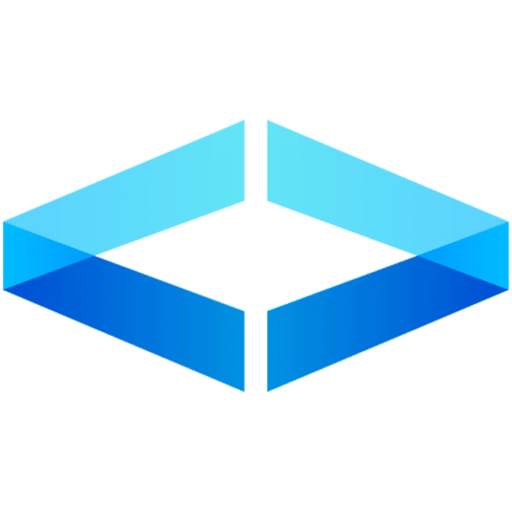Every industry has a huge number of subdivisions, and software development is no different. Programmers learn different languages, but even programmers who use the same language have different skills, depending on what they have done previously and their level of experience. Some skills are much more valuable than others, however, either due to their scarcity or market demand.
Most In-Demand Programming Languages
The four most in-demand programming languages are currently Go, JavaScript, Java and Python.
Python is one of the easiest programming languages to learn thanks to the large library of standards and toolkits as well as a simple syntax. While Python is not particularly useful for mobile app development, it’s widely used for artificial intelligence, data science and financial services. Instagram and Pinterest use Python extensively.
JavaScript is typically combined with something like node.JS or angularJS, and it’s used to build content on a server before the page goes to the browser. This allows impressive functionality.
Java is used by businesses for client-server applications, and it’s typically used because it can run on almost anything. This flexibility ensures easy deployment, especially for businesses that need to run on a huge range of devices.
Go, sometimes called Golang, is suitable for system-level programming, notably distributed systems. It’s primarily used by those in Silicon Valley, and it’s ideal for applications that need to process large quantities of data. Netflix, Twitch and Uber are major users of this programming language.
Top-Paying Programming Languages
Of course, the most in-demand languages are not necessarily the highest paying. The highest-paying languages include Scala, Go, Ruby and Objective C.
- Scala shares a lot with Java, but there are key differences in the way that it is designed. The compiler can infer a lot more from simpler code, making it quicker to use for programming, and additions tend to be easier with Scala. However, it has a substantial learning curve.
- Go, as noted above, is suited for large volumes of data, which means that those using it must be very familiar with those systems.
- Ruby is often used for its web framework, Ruby on Rails, but its flexibility for use in both front-end and back-end applications makes it a particularly valuable language for programmers. However, finding bugs in Ruby applications tends to require a lot of skill and knowledge as they are often hard to find.
Although Apple replaced Objective-C with Swift, there are still numerous uses for this programming language, particularly among legacy systems. While modern app development now uses much more flexible and modern languages, there is still a place for Objective-C programmers.
Make the Most of Candidate Data and Insights
As mentioned earlier, insights are crucial to have better hiring decision-making. If you want to establish a well-oiled recruiting process for your engineering resources, you need to devise a data-based driven recruitment strategy. A data-driven, insights-based recruitment process improves your hiring decisions because:
- Your hiring is based on facts rather an intuition.
- Your personal preferences and biases can’t get in the way of the hiring process.
- You can assess overseas and offshore engineering talent without needing in-person interaction.
By incorporating these five practices into your hiring process, you will improve your engineering and developing resources with the best talent available on the block.
But languages are not the only skills that programmers need to learn, as there is a huge range of scenarios that programming is applied to. There are also different frameworks used to develop programs, and good knowledge of those is essential to a successful project.
DevOps
This is a set of practices that aims to shorten the systems development lifecycle while providing high-quality results along with continuous delivery. At a very basic level, it uses and develops Agile techniques to build, test and deliver software.
Automation
Automation can refer to a huge range of practices used in software building to shorten development time. It can involve things like deep learning and gradients to deliver the results needed, especially in highly complex systems.
Data Engineering
Data engineers do everything from cleaning data for use in a program to deploying models that help predict what something will do next, whether it’s consumers, an environment or a product. They essentially create pipelines that feed data into a project.
UI/UX Design
All programs will eventually have to be used by someone, and a good user interface (UI) generally creates a good user experience (UX). UI/UX designers ensure that these programs can be used by the target consumer easily.
IoT
The Internet of Things refers to the linking of everyday items to the Internet. IoT experience usually requires significant knowledge of how different products are used in different ways and how they link with other items to create a genuine and cohesive user experience. This is a growing sector, as people are still learning how to use and integrate smart products into their homes and businesses.
Low Code
Not everything requires extensive knowledge of code, and as anyone who’s dealt with computer systems knows, it’s easier for most people to sort problems out without code. Low-code and no-code platforms make it easy for those outside IT departments to deploy solutions, but it requires a robust enough platform with sufficient flexibility and an intuitive UI to do so. Creating such a platform requires a lot of skill, and engineers who can do this will always find employment.
For more information talk to us today or follow us on LinkedIn and Facebook for news, updates, and discussions with industry professionals. #sonatafytechnology #software #development #skills








